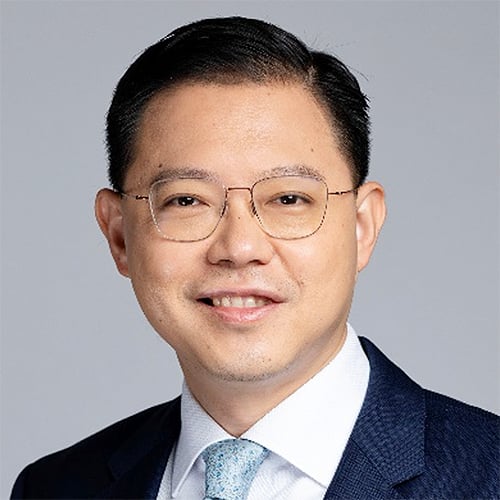In face of a market meltdown, Beijing has put in place a series of measures which aim at injecting liquidity into the stockmarket and boosting the slowing economic growth. These measures include allowing margin trading and short selling, as well as interest rate cuts. Eleven leading domestic brokerages were picked by the China Securities Regulatory Commission (CSRC) for a trial run of margin lending and short-selling, services that have been under discussion for a long time as they are expected to boost the flagging market. These securities firms, including Citic Securities, Haitong Securities, Guotai Junan, Shenyin Wanguo and Everbright Securities, have been asked to fast-track their preparations.
On October 5, Beijing announced that margin lending and short selling will soon be launched. The move, approved by the State Council, is in contrast with the views of regulators in some international markets, where limits on short selling have recently been imposed to support plummeting share prices.
Margin trading and short selling will be limited to particular stocks, while brokerages will only be able to use their own capital and stocks for the new services; no borrowing from banks will be allowed.
“It is time for the launch of the margin trading service under a small number of select brokerages. It will gradually be expanded in scale after the first stage of the trial,” a CSRC spokesman says. “We will keep a close eye on any illegal margin-trading activity in the market, whether by individuals or corporations.” The spokesman says that the official launch date has not been set and the CSRC is not concerned about large-scale short selling in the initial stage.
On October 8, the same day that the world’s major central banks coordinated global cuts in interest rates, the People’s Bank of China (PBOC) also cut banks’ benchmark lending and deposit rates by 27bp to 6.93% and 3.87% respectively. The interest rate was cut for the second time in less than a month, in another move to boost economic growth.
Beijing also lowered the banks’ reserve requirement ratio, which is the proportion of deposits that banks must hold in reserve, by half a percentage point to 17% for the five largest banks and to 16% for all other banks, effective from October 15. The measure aims to free up the capital of banks and boost liquidity in the market.
Quoting the State Coun-cil, Xinhua has indicated that a 5% withholding tax levied on savings of individuals will also be scrapped. On September 15, PBOC reduced the one-year lending rate – the country’s benchmark interest rate – by 27bp to 7.2% for the first time in more than six years. The last time the PBOC lowered interest rates was in the wake of the dotcom bust early in 2002, when it lowered the benchmark one-year lending rate from 5.85% to 5.31%.
The same day, the central bank also lowered the reserve requirement ratio of smaller domestic banks by one percentage point to 16.5%. This was the first reduction in the reserve requirement ratio since 1999 but it was not extended to the country’s five largest banks or the postal bank.
When announcing the first cuts, the central bank did not mention the global credit crisis but said the moves were intended to “solve prominent problems in the current economic operation and ensure steady, rapid and sustained development”.
PBOC’s first lending rate cut, while leaving deposit rates unchanged is expected to crimp banks’ profitability. Jiang Jianqing, the president of Industrial and Commercial Bank of China, said last month that the rate cut is expected to reduce earnings at his bank, China’s by 400 million renminbi (US$58.5 million) to 500 million renminbi this year.
Jing Ulrich, chairman of China equities at JP Morgan Chase comments, “the mainland’s economic challenges appear to be mounting, necessitating further monetary easing as well as more aggressive fiscal spending”. She expects the government to continue loosening monetary policy and draw on its fiscal resources to bolster investments in infrastructure.









